The Hitchhiker’s Guide To Making Remixes That Earn You New Fans
Remixes are not only super fun to make, but, if you do it right, they can grow your fanbase at an incredible rate.
So, let's not waste any time. Let's get right into this guide!
Why Create A Remix?
This is a legitimate question:
Why remake what somebody else has already made?
But there’s a legitimate answer to this as well: plenty of reasons.
You Can Showcase Your Creativity
Remixing someone else's song can show people how creative you can be in re-imagining a song.
Sometimes people like hearing a fresh take on a song they love. If you do that well enough, those people will probably become your fans!
Genre Conversion
Speaking about people liking a fresh take to a song, this works especially well when you remix a song into a different genre. EDM producers have been building careers and fanbases by taking non-dance tracks and turning them into fully fledged electronic/dance tracks!
Take these as examples:
Malo by Bebe - Remixed by Avicii
Original: The original 'Malo' is an acoustic latin song.
Remix: The remix transforms the original song into a dance track with a completely different feel. This is a great example of a song from a completely different genre, converted into another genre.
Pretty Girl by Maggie Lindemann - Remixed by Cheat Codes and CADE
Original: The original was simply a pop song.
Remix: The remix of this song reaped 25+ million views. The remix is the version that most people know and it actually helped drive more listeners to check out the original as well. Most fans argue that the remix is better than the original.
Waves by Mr Probz - Remixed by Robin Schulz
Original: The original song is a very beautiful acoustic track. Great vocals and great instrumentals.
Remix: Here's probably my favorite remix of all time. Robin Schulz
did an incredible job turning a song into an electronic track without changing the mood from the original song.
The Opportunity Of Remix Contests
Imagine what winning a remix contest could do for your musical career. Even if you’re one of the runners-up, that can still benefit you greatly.
Here are some awesome opportunities that contests could offer :
Both Zedd ("Stay" featuring Alessia Cara, “True Colors” featuring Kesha) and Martin Garrix ("Don't Look Down" featuring Usher, "In the Name of Love" featuring Bebe Rexha) benefited from winning remix contests.
Remix contests could be a fun way to get a little competitive, learn new creative ideas from how others choose to remix songs, and also be able to get yourself exposure.
Exposure From The Original Artist
As a music producer who remixes songs, you could get some nice exposure from the artists whose song you’re remixing -- assuming your remix impresses them.
Whether you’re remixing a song, featuring a singer on your own track, or even co-writing with another artist, that collaborator will put your name up in front of their fans.
You both get exposure to each other’s fans by working with each other.
Granted, that’s not why you should collaborate, and you don’t want to use people simply for your own gain, but it’s definitely a plus.
Peak Into The Mind Of An Original Artist
If you’re doing an official remix or if an artist makes their stems publicly available, it’s a great opportunity to see into their creative mind.
Even if you don’t plan to release a certain remix, you’ll still get to see how that artist constructed their song. You can learn a lot from just their stems.
That kind of knowledge is invaluable.
Recommended DAWs
Different digital audio workstations(DAWs) offer different benefits. If you're brand new and are still looking for a DAW, here are some tips.
Free DAWs
LMMS
LMMS is built specifically for DJs and remix producers. It has built-in instruments and makes it easy to create your own beats. It also includes over 1,000 samples.
It's compatible with Linux too!
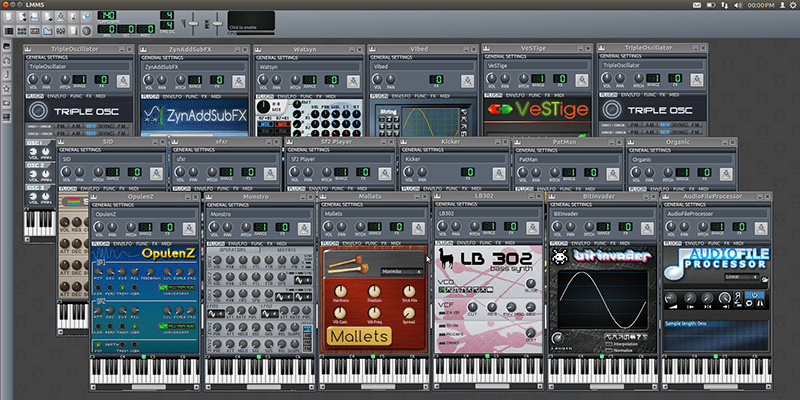
GarageBand
GarageBand is compatible with and is included on any Apple device (Including iOS devices, given that they will be more limited than the desktop verison). This DAW is a great one for beginners who use Apple products because it’s so easy to get the hang of. And it has plenty of virtual instruments, samples, and lots of cool effects.
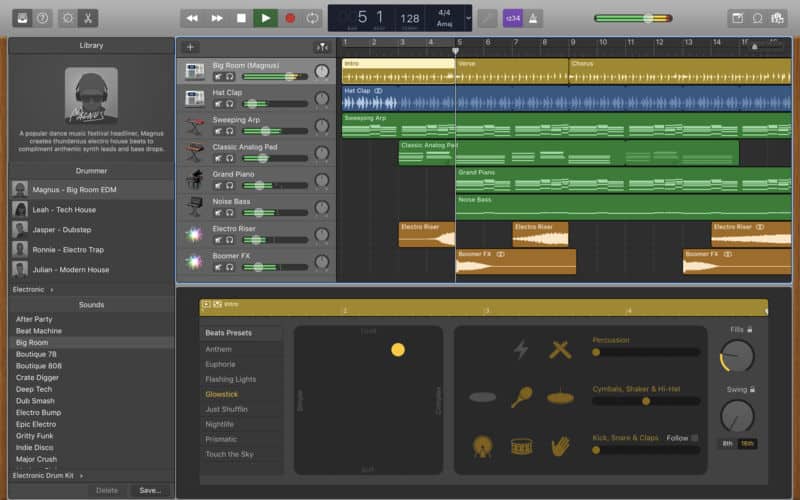
Audacity?
Audacity is as simple as a DAW can be. It gains its popularity mainly because it's a dead-easy audio editor.
Now, you might be wondering why I put a question mark after "Audacity". This is simply because Audacity's simplicty is quite limited compared to other DAWs.
In case you were considering using Audacity, this is a fair warning that it's not the most useful for music production. It's great though if you need to do something simple to, for example, edit a podcast.
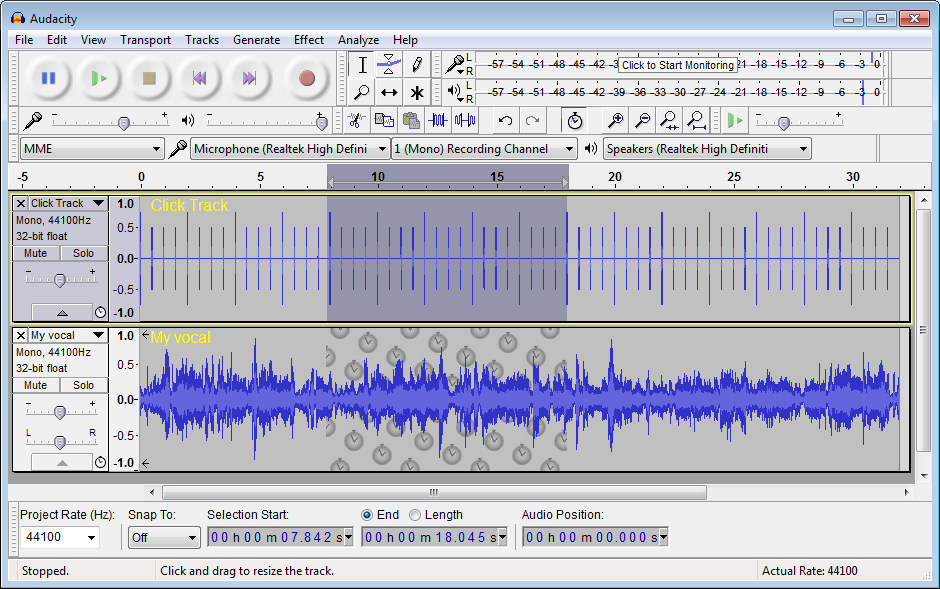
Reaper
Reaper is easy to use and it can do pretty much anything the premium DAWs can do (see below for those).
You can download it for free, and then the creators ask that you purchase a license for as little as $60.

Premium DAWs
Here are our recommended premium DAWs. You will have to purchase these, but they provide so much more compared tofree choices:
- Ableton
- Bitwig
- Logic Pro X
- FL Studio
For a more in-depth look at this topic, do check out our comprehensive guide on choosing the best DAW.
How To Create A Remix
Alright, so where do you start with remixing a song? How do you get into this sub-community of the music world?
Explaining the step-by-step process of how to create a remix could never fit into a single article. Here are some resources we recommend:
- Learn To Remix Any Song And Get Noticed - Great Udemy course that will take you through every step of creating your first remix.
- Breaking Down The Remix Course by Dodge and Fusky - Dodge and Fusky are producers that have gained a lot of notoriety in the Dubstep scene. In this course, they break down the art of remix creation.
Hope those help you out!
Below are some additional tips for creating your remix.
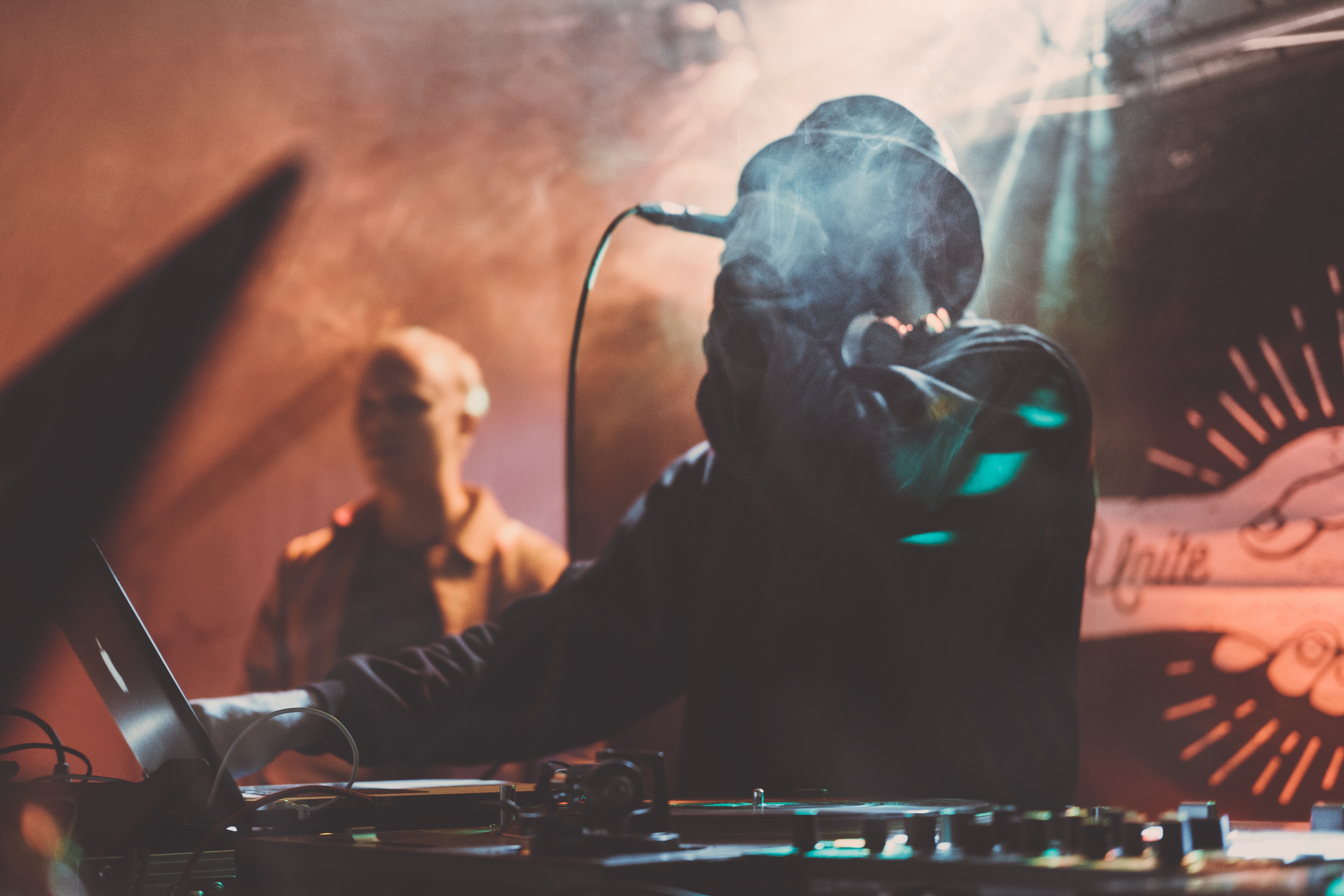
Tip: Listen To Other Remixes for Inspiration
The best way to learn is to do the research yourself.
In this case, doing your research means copying other remix artists. Now, of course, I’m not saying plagiarize.
But take notes on different methods and tendencies others use, then try to incorporate those into your own remixes.
Choosing The Right Song
You probably don’t want to choose whatever song is the most popular, unless that song speaks to you. Each song you choose to remix should represent you in some way.
Staying true to who you are and to your image as an artist is what will garner true fan support.
People don’t like to support musicians who are “fake” or who are just doing it for the cash.
However, this doesn't mean strategically picking a song to remix is off the table. If there's a song that just recently is starting to gain momentum and you really feel a remix with your unique style could really do wonders to the song, go for it!
Planning Your Remix
Now, if you’re doing an official remix, the artist will send you the stems and you can go from there.
If it’s an unofficial remix, you’ll need to get a little more creative if there are not official stems released publicly.
Some tips include:
- Browsing Acapellas4U to see if there are any acapella versions availible for the song.
- Creating a DIY acapella track
- Simply chopping-up the original and using it in your track
With all of this said, keep in mind the legality of remixing.
When you sit down to start your remix, first make a plan. Outline how you will re-imagine the song.
Do you want to keep the structure the same as the original? Or do you want to completely flip it on its head? Should you make that one line in the verse the hook instead of the original hook?
As you figure out what you’re going to do, here are a couple tips.
Listen For Breaks
Every song has breaks where the singer stops singing for a couple bars here and there. Maybe it’s right after the chorus. Or perhaps during the instrumental break after the second chorus.
Listen for these breaks and take advantage of them.
If you want, you can grab a bar or two of these sections and base the entire song on a loop of those bars.
Listen For Sections Lacking Instrumentation
On the flip side, try listening for parts of the song that feature the vocals and don’t have much instrumentation going on.
In these instances, you can add your own instrumentation without it clashing with the song’s original instruments.
Get To Work
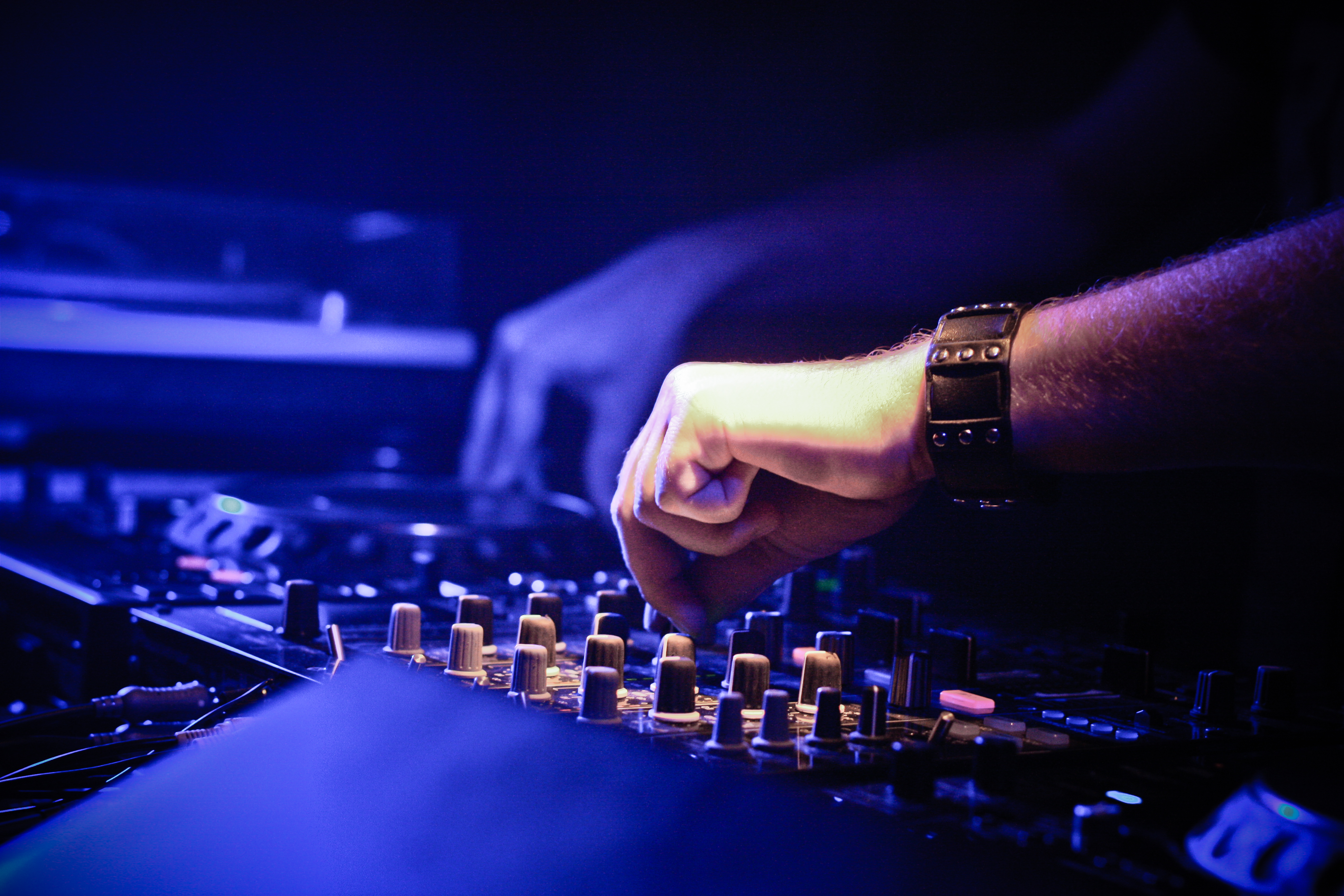
The way you can create this “outline” (the basic arrangement) is to first import the original song into a track of your DAW.
Listen through the original song and cut/paste the parts you want to use into a new track. By the end, you’ll have all the parts you need for your remix (then you can mute or delete the track that had the original song).
The next thing you’ll probably want to do is decide on a beat. Feel free to change the tempo of the sections you’ve chosen from the original song to match your beat.
Once you’ve decided on a basic beat, you can start arranging the parts how you’d like.
When it comes to the parts you’re remixing, remember that you can change the pitch to whatever key you want using a pitch-altering plugin. You can adjust by octave, semitones, and even cents.
For great plugin recommendations:
Check out our Ultimate Guide to VST Plugins.
Because you can change the track to whatever key you want using whatever structure you want, consider creating your own melodic hook.
Whip out your keyboard or electric guitar and write a hook that fits your version of the song -- this is your remix after all.
Also, you could throw in samples from other songs, speeches, or even everyday sounds you come across. I even know of a remix artist who records audio bites from old Disney movies and works them into songs.
Once you’ve gotten all the bits and pieces of your remix, remember to try out different effects like echo, reverb, delay, and reverse.
Adding in these things can help you shape the remix into a unique-to-you song.
Don’t Get Too Crazy
All of that being said, you may not want to go too crazy with your remix. What I mean is that the listener should still be able to recognize what the original song was without seeing the title.
Remix Competitions
As I mentioned before, remix competitions can be super helpful to a DJ - exposure, cash, a record deal, free audio production software, all of that.
With that in mind, here are some of the best websites for finding and entering into remix competitions…
Kreasound
Kreasound collects and hosts a ton of remix contests on behalf of record labels from around the globe. They have multiple pages of contests you can enter.

Beatport Play
Beatport Play also facilitates remix competitions for artists from a bunch of different electronic sub-genres. They’ve been growing rapidly, so their contests are super competitive, meaning the prizes are even better.

Mixcloud
Mixcloud’s competitions focus primarily on a longer, mixtape-style format. This website is especially great for beginner DJs.
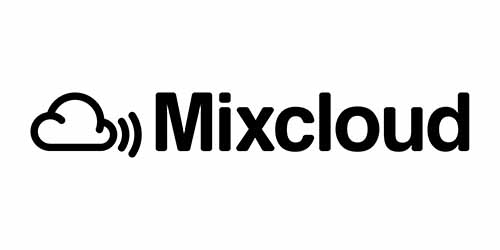
The Legal Stuff
Now, for the boring, legal stuff.
But don’t check out -- it’s really important you know this so you don’t get sued!
At the most basic level, here’s what you need to know: you will always need the artist’s permission to remix their song.
According to copyright law, you’ll need to get permission to use the two main parts of any recorded song -- the master recording and the song itself.
The master recording covers the audio recording of the song. The actual song -- the music and lyrics -- is covered by a publishing copyright.
Getting permission to remix a song may mean you’ll have to clear the copyright usage with two separate parties.
For example, if an artist is signed with a label, the label may own the master recording while the artist owns the actual song.
In this case, you’ll need permission from both the label and the artist.
Final Notes
You could have the fanciest equipment, the most expensive DAW, and permission from a big-name artist. But if your music sucks, you won’t build a fanbase.
If you’re making killer remixes that people can’t stop listening to, you’re bound to connect with people and build a following.
So you take one thing away from this article, let it be this: the best way to earn new fans is to make awesome music.
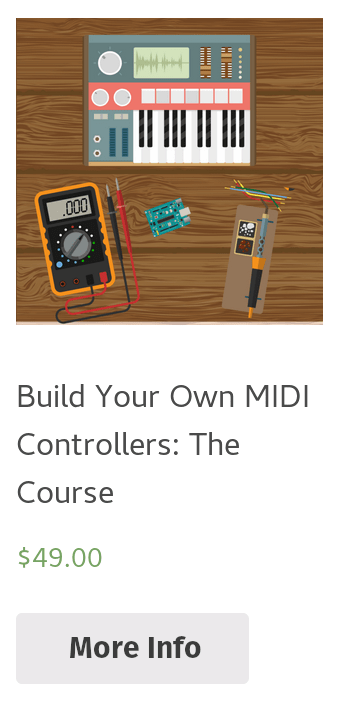
Leave a Comment
One comment
Thanks Doug. I’m a fan of The Far Side comics, there is one based around your name.